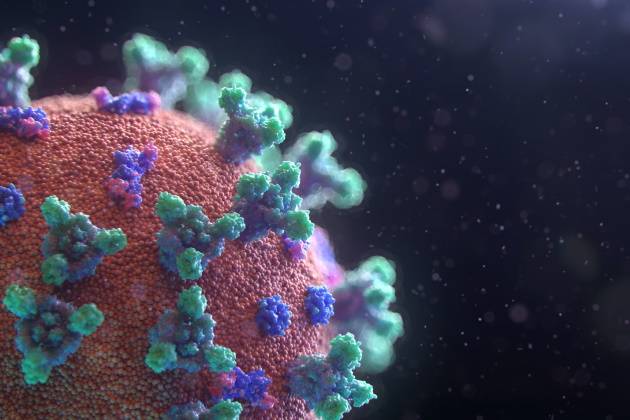This Is How Smart Cities Can Defend Against Pandemics

Categories :
The COVID-19 threat has governments and officials around the world wondering if they were fully prepared for a crisis of this magnitude to unfold. While some nations have seen quick strides in suppressing the virus, such as South Korea and Germany, others have lagged behind in response and have seen a significantly higher infection rate.
As we look ahead to what lessons can be learned from this, talk around smart city technology will likely become top of mind, as many cities in China have utilized this technology to streamline their pandemic response.
Proponents of smart cities believe that IoT sensors and robust data-tracking can help city leaders make smarter, more informed decisions during times of crisis. Smart cities can also replace human workers with technology when social distancing measures make working conditions unsafe.
Below, we’ll walk through some of the ways smart cities can defend against pandemics.
Disease Tracking
Did you know that a disease-tracking software company in Canada alerted medical professionals to a viral outbreak in China 10 days before the World Health Organization (WHO) did?
Big data and artificial intelligence make tracking diseases and other unusual health incidents easier than ever, as the software can track clusters as they pop up in real time.
In the case of coronavirus, software company BlueDot picked up an unusual set of pneumonia cases in Wuhan, China, and alerted its users on Dec. 30, 2019. This alert came 10 days before WHO made any public statements about a novel coronavirus, although a press release by BlueDot does emphasize that the company didn’t initially realize the magnitude of the data they uncovered.
Autonomous Delivery
We’ve all been hearing the term “contactless delivery” a lot over the past few weeks. While restaurants, grocery stores, and other retailers do their best to limit contact during delivery, the best way to ensure that no viral transfer takes place is through robotic delivery.
Self-driving vehicles and delivery drones are test piloting, and in a few years will likely be the mainstream. Smart cities that can get control of their autonomous delivery response in times of crisis can prioritize the delivery of medical supplies, foods, and other goods based on needs and outbreak hotspots. City leaders can also use data around deliveries to make projections on the amount of supplies needed.
Geolocation
Your phone is already tracking your location and selling it to third parties, so why shouldn’t urban planners and city officials gain access to this information as well? Geolocation predicts human behavior through data analysis, and it can help during a crisis such as a pandemic because it can give leaders information about where and when to expect the most foot traffic.
Establishing senior hours and deciding when to close public lands, such as parks and green spaces, can all be streamlined after analyzing geolocation data.
Drone Surveillance
Drones aren’t only good for delivering goods: they can also be used as surveillance devices. While this topic remains controversial, using drones to enforce shelter-in-place orders allows police officers to stay off the streets as well.
Police in Spain are using drones to scold citizens who go outside. China used drones as well, and even has drone cameras outfitted with facial recognition software and thermal cameras to track whether infected persons have left quarantine.
Smart technology is making our world more connected than ever before, and it’s also making contactless urban planning a possibility at a time when social distancing is vital to citizen survival. Once the coronavirus threat has passed or waned and officials are given time for reflection, expect to see more cities adopt smart technologies in their future emergency response plans.
To learn more about how smart cities work, check out this visual from The Zebra below!
Please include attribution to TheZebra.com with this graphic.
Citiesabc was created by a team of global industry leaders, academics and experts to create new solutions, resources, rankings and connections for the world’s top cities and populations.









